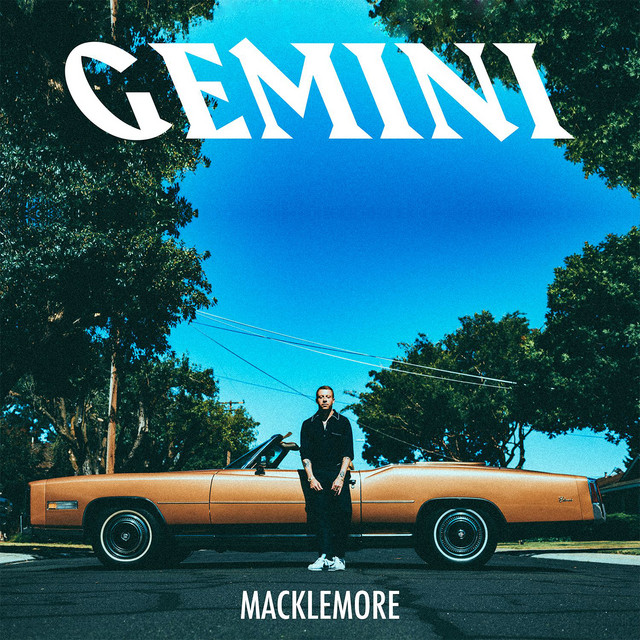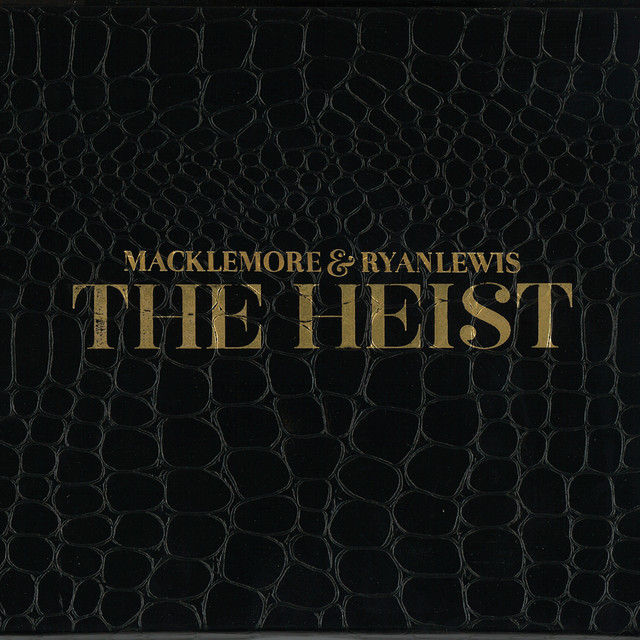Released: 2017 • Features: Dave B., Travis Thompson
“Corner Store” by Macklemore, featuring Dave B and Travis Thompson, paints a vivid nocturnal vignette of youth, hustle, and the simple yet profound moments that define urban life. At its core, it’s an ode to the corner store – a touchstone of the neighborhood experience, set against a backdrop of casual nightly adventures and introspection about life’s trajectory. It’s about being young and feeling immortal, navigating the complexities of growing up in the city, all threaded through the mundane act of visiting a corner store at 2 A.M.
Macklemore starts us off with a scene that’s all too familiar for many: a late-night trip to the corner store for snacks, rolling through the city with the windows down, music up, blending the simple joys of youth with hints of the complexities beneath. The “mango high-chews, a bag of chips” are more than just munchies; they’re symbols of carefree moments, while “rollin’ through the city and we hide behind the tints” suggests a deeper urge to blend into the night, eschewing the spotlight for a moment of peace and anonymity.
Dave B. and Travis Thompson dive deeper, reflecting on their grind and the hustle, the exchanges with landlords, the flirtations with success and the ever-present specter of failure. “Dope all in my Jansport, moving to Utah, run with” – here, Dave B. mixes the imagery of drug dealing with a metaphorical journey to a place as far-removed from the urban streets as you can get. It’s a line that captures dreams of escape and betterment, underscored by the harsh realities of their current lives. Moving “work” and pushing to change their “commas” speaks to ambition amidst adversity, all while acknowledging the transitory nature of street credibility and the desire for something more substantial.
The corner store serves as more than just a backdrop; it’s a microcosm of their world. It’s where plans are hatched over bags of chips and blunt wraps; it’s a meeting place, a landmark, a symbol of their hustle and their hopes. Thompson’s verse reminisces on younger days, filled with fake IDs, Swisher cigars, and the first taste of independence that felt like a rite of passage. “I just got my mama’s whip” contrasts youthful freedom with the reality of their circumstances, highlighting the dichotomy of their ambitions versus their means.
The closing verses touch on perseverance, the struggle to make ends meet, and the small victories in their journey. “Call me Almond Joy, mama’s boy, Can’t afford none of what you ordered” reflects on societal expectations and personal aspirations, subtly critiquing the pressure to succeed against all odds. The recurring references to the corner store tie these narratives together, symbolizing the constant interplay between dreams and reality, aspiration and survival.
Through “Corner Store,” Macklemore, Dave B., and Travis Thompson weave a tapestry of urban life that’s rich in detail and deep with meaning. It’s a celebration of community, of moments both mundane and monumental, all revolving around the humble corner store. Their verses encapsulate the essence of the hustle, the fleeting joys of youth, and the ever-present yearning for more, making “Corner Store” a poignant snapshot of life on the streets, its challenges, and its charms.








